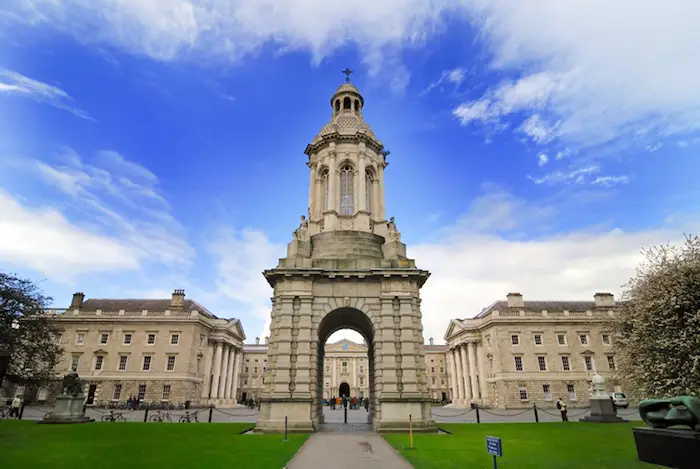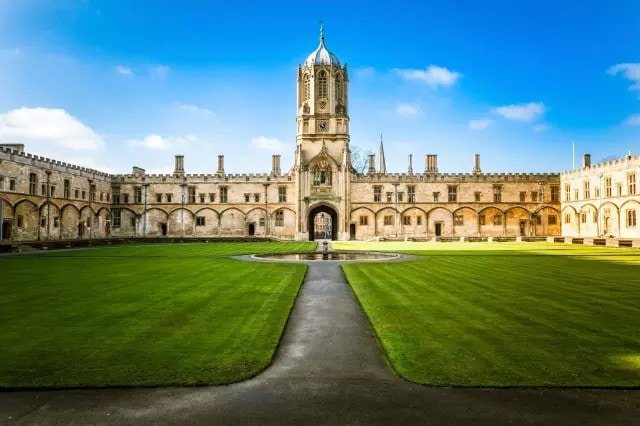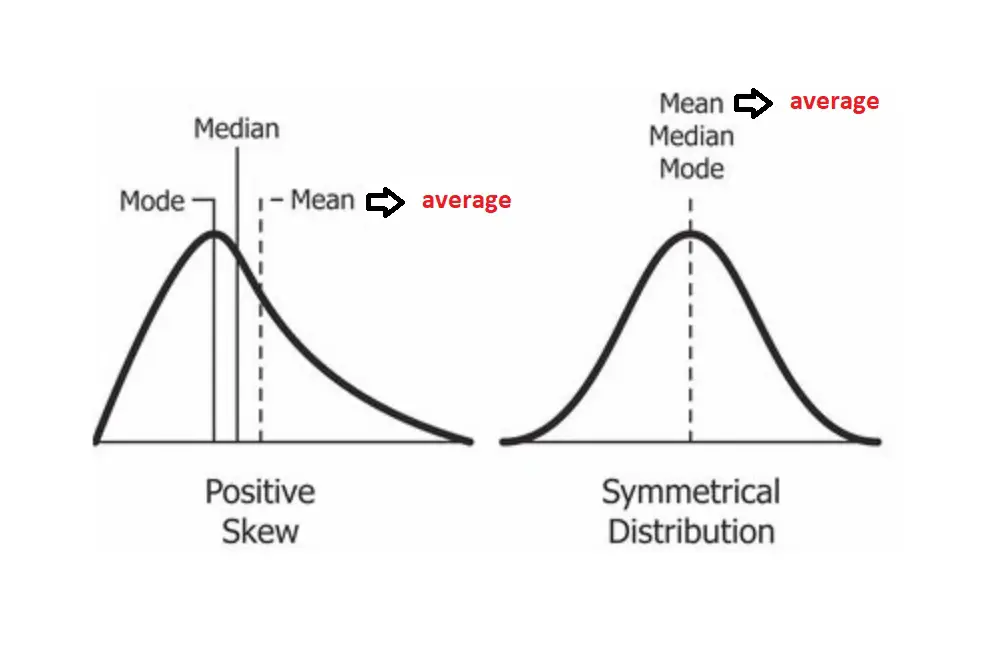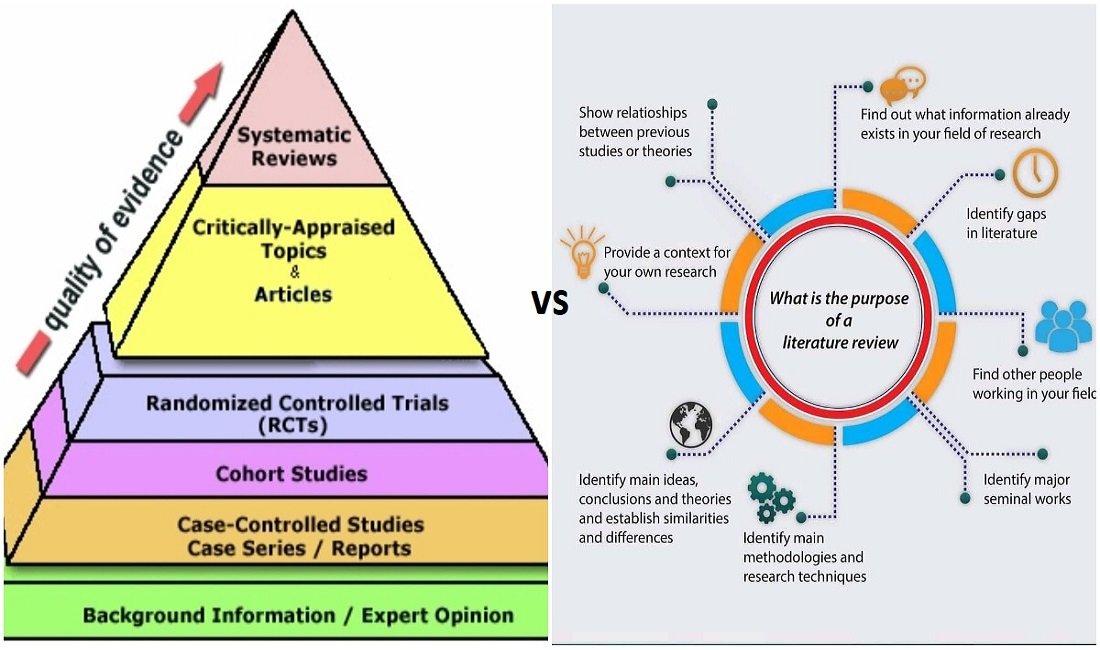College Vs. University: What Are The Differences?
When it comes to addressing the course of higher education, people tend to mix up between the terms ‘College‘ and ‘University‘.
The terms might be subject to various definitions depending on which side of the world you are, and, commonly, it is completely acceptable to use either term when referring to your choice of educational pursuit. However, in reality, there are quite a few differences between a college and a university!
What constitutes a college?

Generally speaking, most students refer to their post-secondary academic hunt as ‘college-hunting‘; a college is believed to be any institution in which a student may continue his/her higher education, but the term ‘college’ can be a little more specific than that.
An official definition of a college confines the term to an ‘undergraduate’ realization; the course of study a student will most likely follow after finishing up his/her high school education involves a 2-year or 4-year study program which results in an associate or bachelor’s degree. Those sort of degrees is typically attained on a ‘college’ campus.
It is not impossible, however, for colleges to be associated with graduate studies. Certain colleges may offer graduate degrees and graduate study programs, but that really depends on the type and status of the school.
Certain schools that offer both undergraduate and graduate degrees have even considered holding on to their ‘college’ reference merely for the sake of preserving an old school’s name; alumni and students, in general, might not be content with their well-known school having a sudden name change (as with St. Joseph’s College for example).
The concept of college vs. University is then put in a completely different light concerning certain schools’ history. It is also worth mentioning that colleges have a sense of unity more prominent than that found on a university campus.
A college is more likely to have smaller classes, a smaller student body and a tight relationship with professors and students. That said, a college can be generally viewed as a compact institution offering undergraduate (and occasionally graduate) degrees.
Difference Between Doctorate Degree and PhD: A Comparative Guide
What constitutes a university?

Contrary to the common belief that universities are state-funded establishments, the term rarely holds an economic or political background.
Just like with colleges, universities often face a general sense of misconception; students tend to use the term at the roll of the tongue. However, unlike colleges, universities aren’t exactly graduate/undergraduate exclusive.
A university offers both undergraduate and graduate degrees and study programs. At a university, a student can complete his 2 to 4-year study and then pursue a graduate degree such as Masters or Ph.D. no problem.
It is also safe to say that a university is, generally, more diverse than your standard college; it offers a wide variety of classes and intensive programs, and it naturally houses a massive student body.
Not to mention that a university can be made up of several colleges put together. Several universities adopt this foundation making the entire academic campus a complex interconnected institution while maintaining a friendly atmosphere for students and professors alike.
Basically, a university can be considered as a branched system offering diverse study courses and a well-rounded foundation.
Recommended for You:
Differences between Colleges and Universities
Below is a College vs University comparison table highlighting the main differences between the twos.
College |
University |
|
|
|
|
|
|
When it comes down to it, ‘colleges’ and ‘universities’ are built on similar if not identical academic foundations; the whole college vs. university prospect is rarely even regarded among people these days. It’s just that each term can be viewed from a more specific perspective.
Countries all over the world differ with their institutions and systematic proceedings, and a definite statement is hard to work out regarding colleges and universities.







